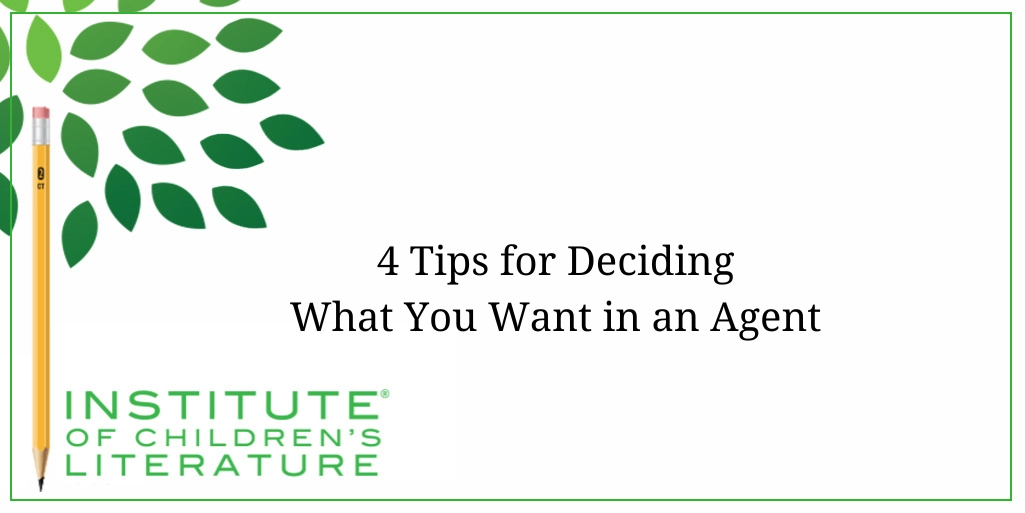
- Date: October 24, 2024
- Author: Jan Fields
- Category: Writing for Children Blog
- agents, finding an agent
We teach our students how to write and get published!
View our Course Catalog >
4 Tips for Deciding What You Want in an Agent
Certain things are true of all professional literary agents. If they are good at their job, they function as matchmakers between publishable manuscripts and the publishers who need them. Beyond that, they handle details of contracts and manage subsidiary rights. For instance, an agent will ensure you get the best deal for foreign rights. An agent will handle the situation if someone is interested in making your book into a movie.
 But even with all these things they have in common, agents are still individuals. They don't all function the same. They don't all interact with authors in the same way. And these differences can influence how happy you are in the author-agent relationship. That makes it worthwhile to think about what you'd like from an agent. Then, when an agent shows interest in your manuscript, you'll be ready to ask the questions that will help you decide if this agent is a good match for you.
But even with all these things they have in common, agents are still individuals. They don't all function the same. They don't all interact with authors in the same way. And these differences can influence how happy you are in the author-agent relationship. That makes it worthwhile to think about what you'd like from an agent. Then, when an agent shows interest in your manuscript, you'll be ready to ask the questions that will help you decide if this agent is a good match for you.
So, start by deciding what you want from an agent.
Level of Communication Differs
When I had a literary agent, he was very good about telling me exactly which publishers and editors were looking at my book. He sent me all the feedback he got about the manuscript. Sometimes this included harsh criticism that an editor would never have given me directly (as editors are usually lovely people who don't want to crush your spirit). I actually found the criticism helpful, and I learned so much from the experience. But not everyone wants quite that much sharing.
Some agents see their place as a kind of buffer between writer and publisher, and thus don't necessarily share every remark made by an editor. According to literary agent Felicity Blunt, this role can help lessen tension. “Editor and author can decant all frustrations and issues into the agent, and the agent can then take up the baton to try to deliver what is needed.”
 Agents also vary in their level of general chattiness. The day in the life of a professional agent is busy. They may not answer emails or messages instantly simply because that's not an option. Agents do want their clients to be comfortable with the interaction, but how they go about communication is one element of whether you will be comfortable. It is wise to pay attention to potential agents' communication styles and think about whether you will find it meets your needs.
Agents also vary in their level of general chattiness. The day in the life of a professional agent is busy. They may not answer emails or messages instantly simply because that's not an option. Agents do want their clients to be comfortable with the interaction, but how they go about communication is one element of whether you will be comfortable. It is wise to pay attention to potential agents' communication styles and think about whether you will find it meets your needs.
Level of Editorial Input Differs
According to Alyssa Matesic, speaking from her experience working in a New York literary agency, “A literary agent is also often going to act as a developmental editor for you. They put a lot of time and dedication into helping their clients strengthen their manuscripts before submitting them to editors at publishing houses.”
Many literary agents consider this kind of editorial feedback to be part of their job. For these agents, the editorial process speeds up the selling because it gets the manuscript in a shape that will make a publisher want to acquire it. This doesn't mean you won't get more, or even conflicting editorial feedback from the publisher who ultimately chooses to publish the book. You may find yourself putting back the very things the agent recommended you take out. This happens not because the agent was “wrong,” but because there is a subjective element to all editorial feedback. Still, agents have experience seeing what is selling, what publishers want, and what readers are buying. Thus, their feedback is often very helpful.
 Not every agent gives any editorial feedback. Even some who may give feedback sometimes, won't always offer feedback. Some agents only want submissions-ready manuscripts and do not offer editorial feedback when looking for new clients, because they want to shorten the time between accepting a manuscript and making a sale. And some writers prefer that as well.
Not every agent gives any editorial feedback. Even some who may give feedback sometimes, won't always offer feedback. Some agents only want submissions-ready manuscripts and do not offer editorial feedback when looking for new clients, because they want to shorten the time between accepting a manuscript and making a sale. And some writers prefer that as well.
Also, the amount of feedback you get can vary with the project and whether you're trying to get the agent to represent you or whether you're a long-term client. Still, if you're hoping for solid editorial feedback, it's good to find out whether the agents you are querying have that kind of relationship with clients.
Level of Career Advice
Agents stay on top of trends in publishing. They don't demand their clients work to the trends, but if you're considering a change in what you write, they can tell you which way the publishing winds are blowing. Ultimately though, you are in charge of what you write. Agents don't tell you what to do. But they can be very helpful since they spend more of their time looking at the big picture than authors do. Authors focus (as they should) on the creative process. Agents are businesspeople at work in a creative profession. They straddle both worlds.
 It's rare to have an agent who never gives advice, but some are more inclined to make suggestions based on a mix of what they perceive as your strengths, and what the market is hungry for at any given time. They'll also advise you against things that may hurt your “brand.”
It's rare to have an agent who never gives advice, but some are more inclined to make suggestions based on a mix of what they perceive as your strengths, and what the market is hungry for at any given time. They'll also advise you against things that may hurt your “brand.”
For an author, a brand is what you are known for writing and writing well. Jumping into something totally different can be a risk for you, and thus a risk for your agent. Some agents will advise against it. And agent advice should always be considered. But ultimately, you're in charge of your career.
Short Term or Long Term Relationship?
Some agents will sign a new writer based on a single project. They offer to rep “this book.” This is known as a book-by-book agent. During this early phase, they are not committing to representing you in the future. It's a “let's see what we can do with this” experience. Then, if the book they are representing doesn't sell, they are done. They wish you well, and you both move on. If the book does sell, then you may move into a more long-term relationship and your agency agreements will reflect that.
A career agent will be all in right from the beginning and will have an eye on your next project even while selling the one you've completed.
 So, which is best? It can depend on you. Some writers want an all-in agent, so they don't have to worry about agents anymore. And there's a lot to be said for that. But the agent who begins a relationship by representing the project can give you time to find out if this agent is a good match for you. If you realize you aren't jelling, you don't have any complex machinations to undergo to get out of the relationship. Sure, if that agent sells that first project, you'll always be connected over that project, but you won't need long-term interaction with new works.
So, which is best? It can depend on you. Some writers want an all-in agent, so they don't have to worry about agents anymore. And there's a lot to be said for that. But the agent who begins a relationship by representing the project can give you time to find out if this agent is a good match for you. If you realize you aren't jelling, you don't have any complex machinations to undergo to get out of the relationship. Sure, if that agent sells that first project, you'll always be connected over that project, but you won't need long-term interaction with new works.
Even if you do sign with an all-in agent, the relationship isn't a cage. If you come to a point where the relationship isn't working for you, your contract will have ways you can end it and start looking for an agent who meets your needs better. That's always a sad time, and we tend to hope it doesn't have to happen, but agent-writer relationships can be severed on either side. Sometimes agents need to change careers, leave agenting to focus on home, take a hiatus because of health, or many others reasons.
 Because agent relationships sometimes need to end, asking how that would work is a conversation you need to have when considering an agent. It doesn't show a lack of faith. It's business. This is business to a professional agent, so it needs to be business for you as well.
Because agent relationships sometimes need to end, asking how that would work is a conversation you need to have when considering an agent. It doesn't show a lack of faith. It's business. This is business to a professional agent, so it needs to be business for you as well.
Ask Your Questions
Don't be afraid to bring up questions about how the agent-author relationship will work with this agent. Be sure you understand. Don't make assumptions based on what a different agent does. Only by asking will you be equipped to make the decisions about your career that ultimately give you what you want.
Professional agents expect questions. Scam agents hate them and instantly become defensive. So, if you ask a question and get a strongly negative reaction, back off immediately. You do not want an agent you cannot communicate with openly and without fear of repercussions.
Don't give in to the excitement of the offer and sign with the first agent who asks. Hold out for the right one. You'll be so glad you did.
Related Articles
With over 100 books in publication, Jan Fields writes both chapter books for children and mystery novels for adults. She’s also known for a variety of experiences teaching writing, from one session SCBWI events to lengthier Highlights Foundation workshops to these blog posts for the Institute of Children’s Literature. As a former ICL instructor, Jan enjoys equipping writers for success in whatever way she can.

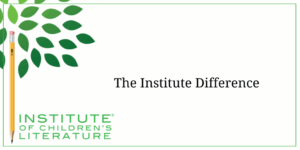
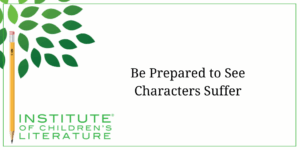
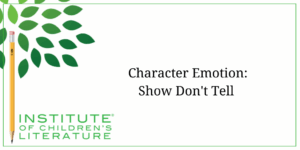
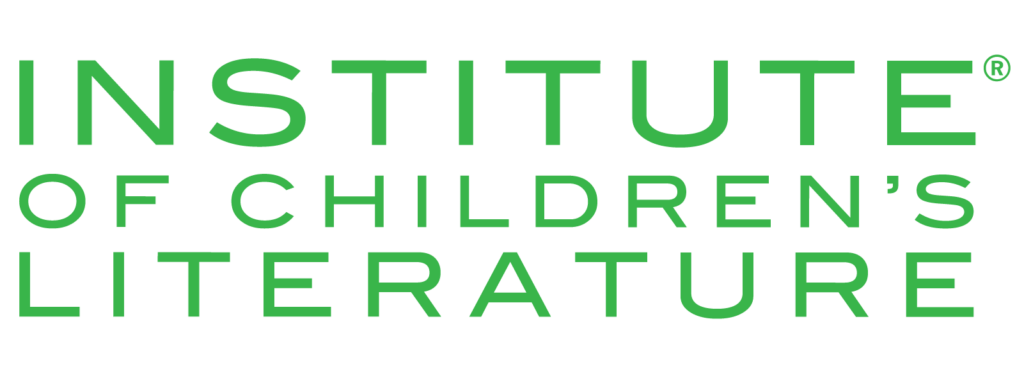
1 Comment
I don't normally comment but I gotta admit regards for the post on this perfect one : D.